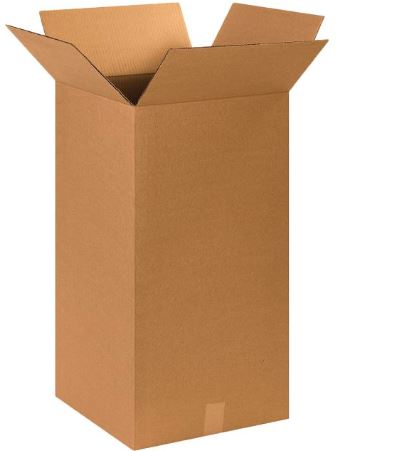- admin
- 22.05.2025/li>
1. Why do export cartons need to meet international standards? 1.1. Ensuring the safety of goods during transportation Export goods often have to go through long-distance transportation, many transit stages (by container, ship, plane...). If the carton is of poor quality: The goods are easily dented, broken due to impact. Water absorption, mold in changing climate conditions. International standards (such as ISO, ASTM, FEFCO...) clearly stipulate: Box compression Impact resistance Moisture resistance, helping goods to be optimally protected from the warehouse to the recipient.
1.2. Comply with legal requirements and import regulations
Major markets such as the EU, the US, and Japan have strict requirements on packaging standards:
Cartons must be produced from environmentally friendly materials.
Packaged properly, with full labels and clear origin.
If not up to standard:
Goods may be returned, fined or banned from import.
Cartons that meet international standards help businesses easily comply with customs regulations and avoid legal risks.
1.3. Increase brand value and professionalism
Packaging and cartons are the first impression when international customers receive goods.
A packaged product:
Correct size
Sturdy, beautiful box
Professional logo printing will help enhance brand image, creating long-term trust with foreign partners.
1.4. Optimize logistics and international shipping costs
Standard cartons:
Reduce the rate of damaged goods → save compensation and complaint costs.
Optimize the arrangement of goods in containers → save space and shipping costs.
Non-standard cartons:
Easily collapse when stacked high
Easily cause damage to many packages at the same time → Cause great loss for businesses.
1.5. Respond to the trend of global sustainable development
International organizations and consumers increasingly require products that:
Use recyclable packaging
Environmentally friendly
International standard cartons are often:
Made from recycled paper or environmentally friendly virgin paper.
Can be reused or naturally decomposed. → Help businesses contribute to environmental protection and build a positive image.
2. Common international standards for export cartons
ISO 9001:2015: Total quality management standards.
ASTM D642: Carton compression test.
FEFCO Code: European standards for design and structure of cartons.
RoHS, REACH: Raw material safety standards (no toxic substances).
IPPC ISPM 15: Requirements for wooden packaging, pallets (if used with cartons).
In export activities, cartons not only help protect goods but also demonstrate the professionalism and reputation of the business. A carton that meets international standards helps ensure that products are transported safely, easily cleared through customs, while optimizing costs and creating a good impression with foreign partners. Investing in the quality of cartons from the beginning is a necessary step for businesses to be more stable in the global market. Choose standard packaging solutions so that each export order is not only complete in quantity but also perfect in value.






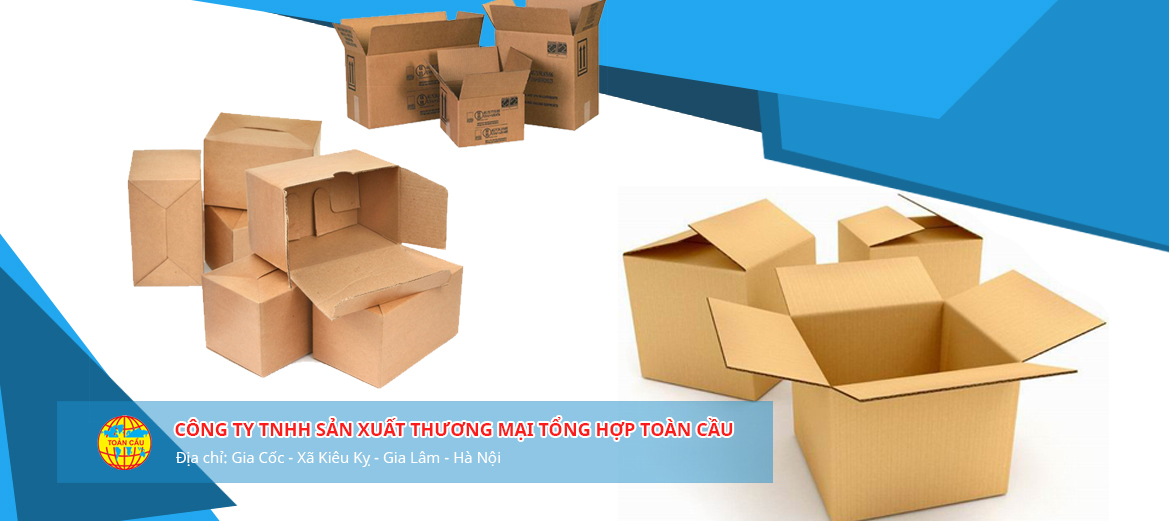
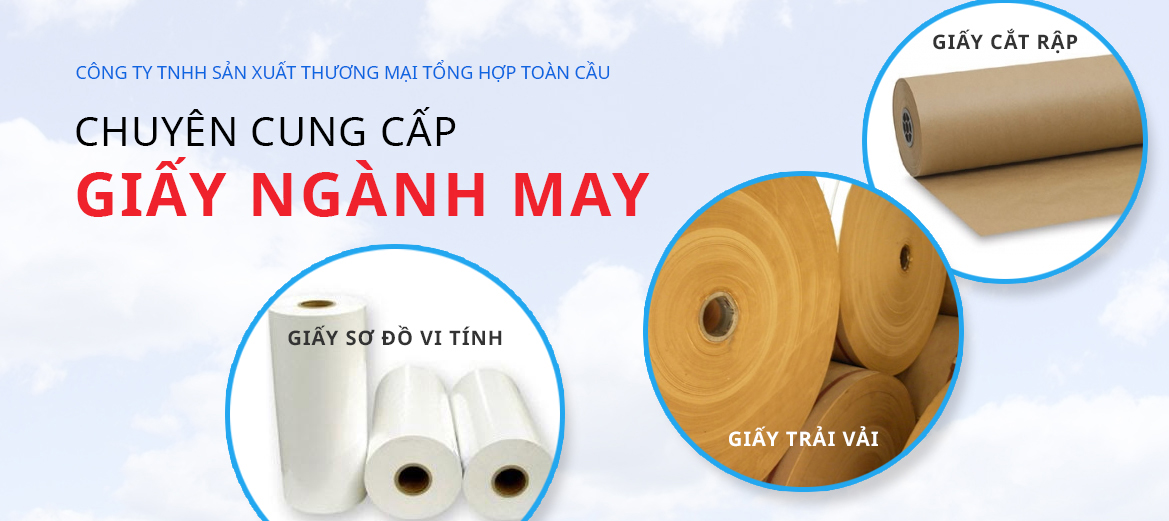
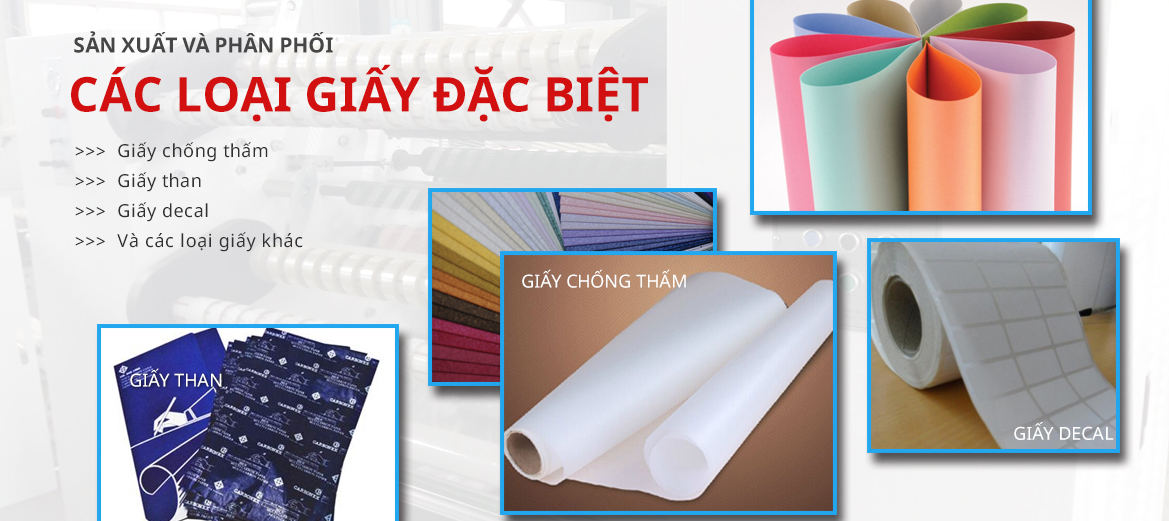
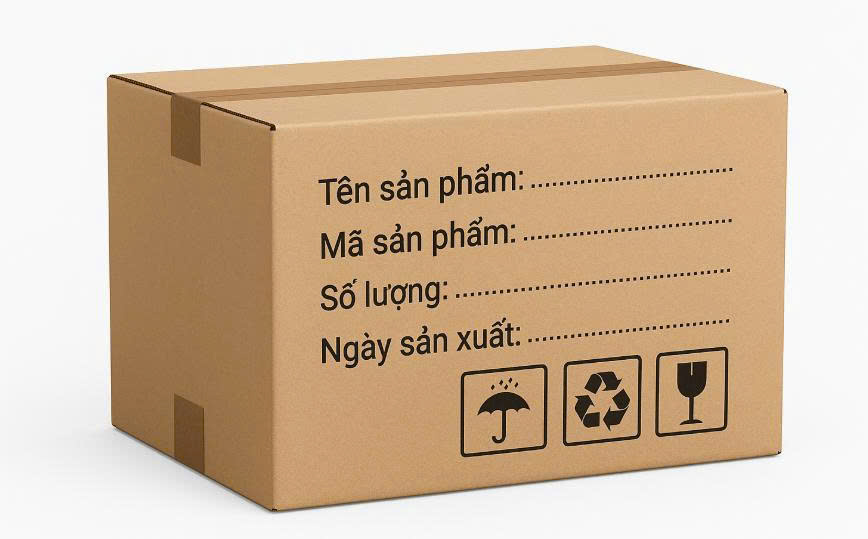
.jpg)
.jpg)

.JPG)
